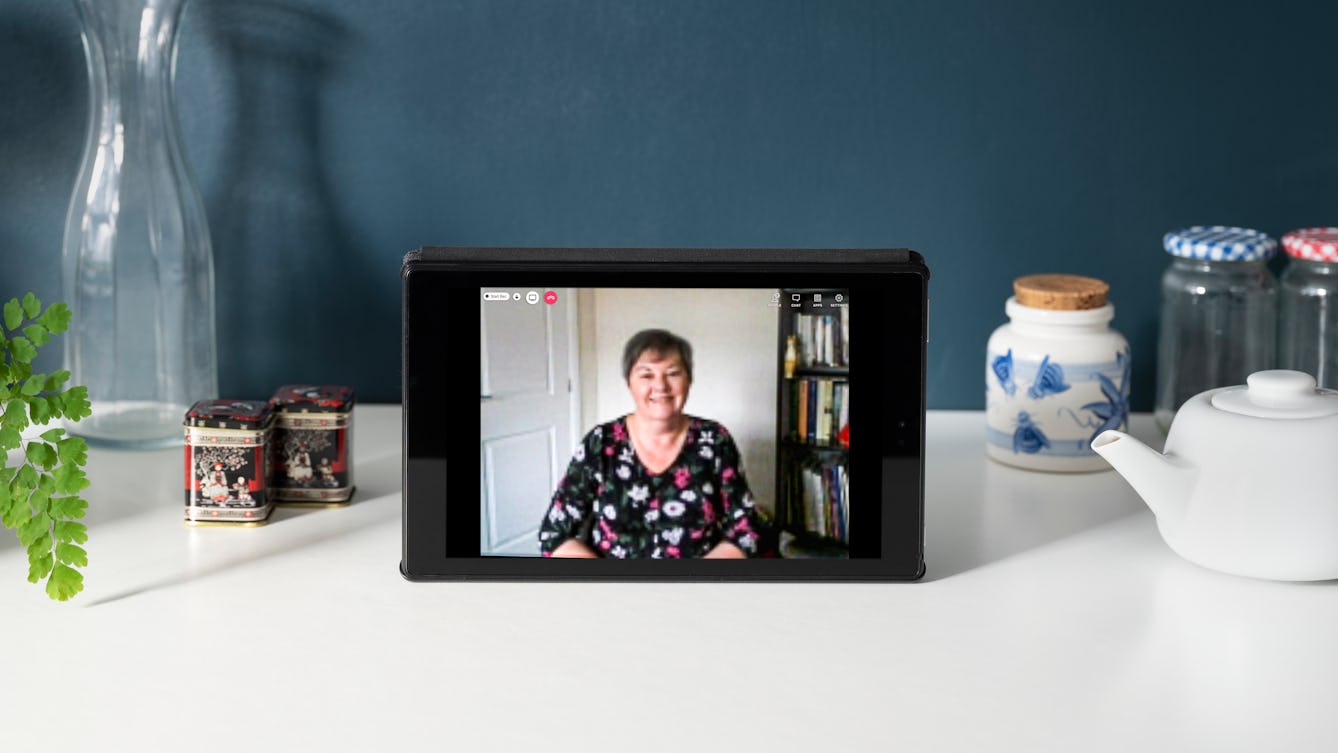What you’ll do
Watch a recording of Dr Teresa Hillier speaking about how parents of children born with cerebral palsy in the mid-20th century took action to confront how educational inequality disadvantaged their children.
You will learn how the medical classification of cerebral palsy as a specific condition was imprecise, resulting in children often being summarily denounced as ‘ineducable’.
The talk reveals how emotive language and imagery were used in a nationwide campaign to raise the profile of cerebral palsy. Its success inadvertently led to individuals being portrayed as one homogenous group within popular culture.
This perception has overshadowed the positive contributions made by parents and organisations to the improvement in knowledge and practice relating to cerebral palsy.

